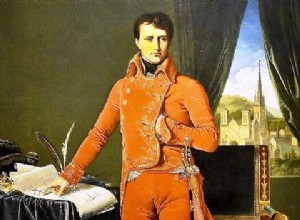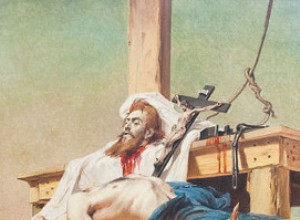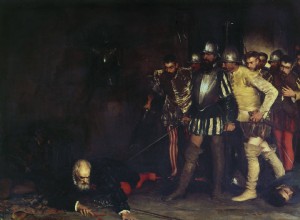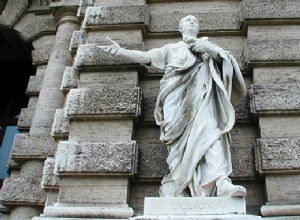The period of the first 15 years of the 19th century is known as the Nepalian Age. After many years of revolution, unrest and disorder in France, Napoleon Bonaparte emerged as an autocratic ruler, who dazzled not only France, but the whole of Europe. Although the Nepalese was the Dictator and there




